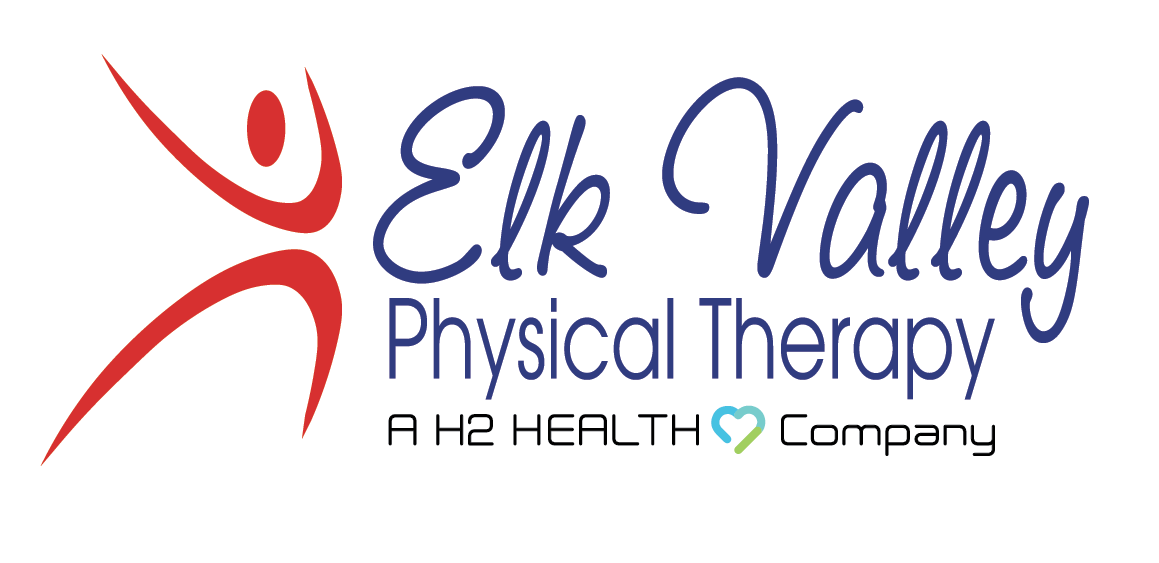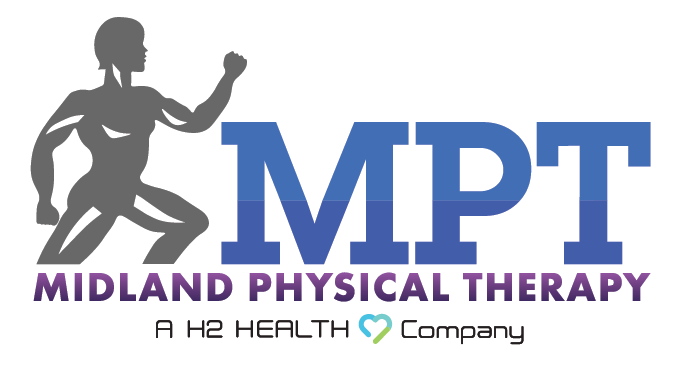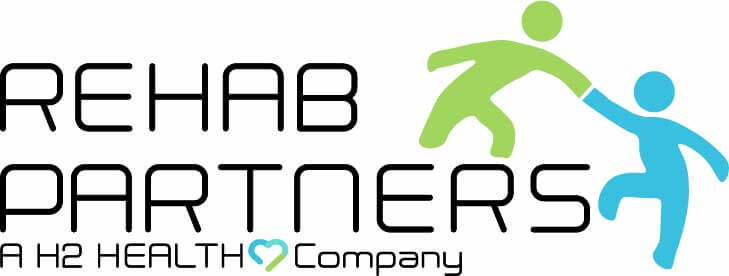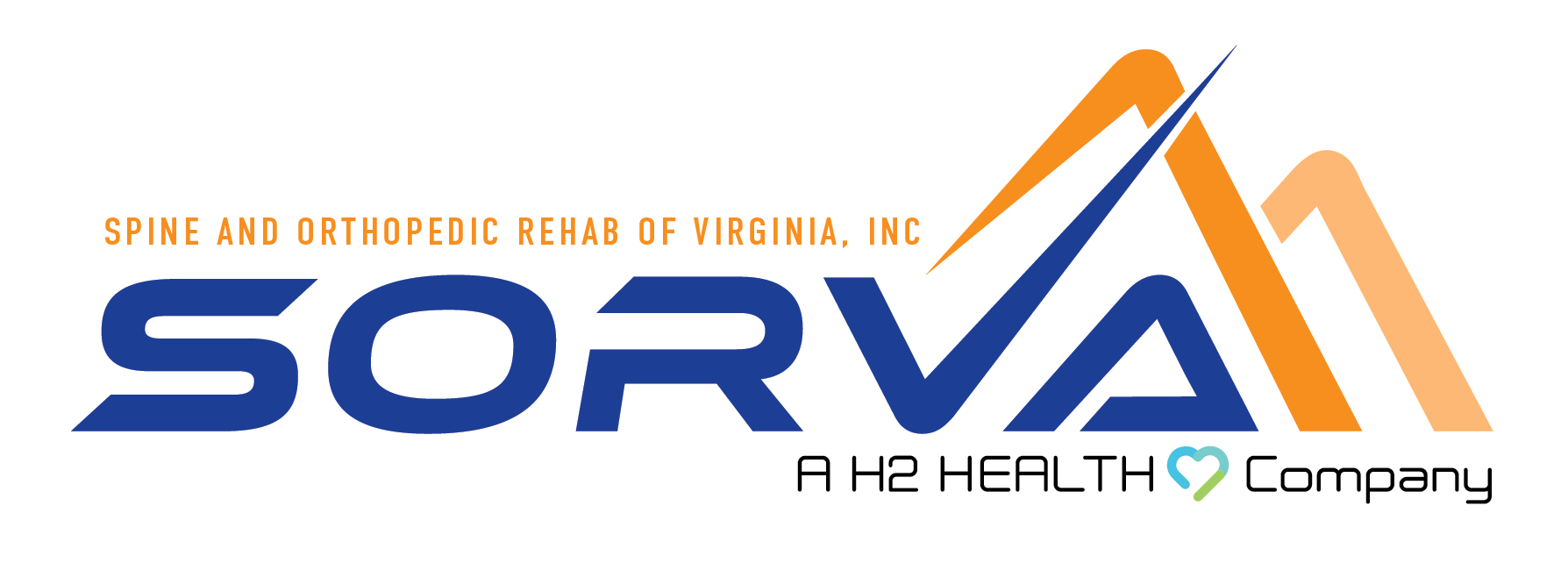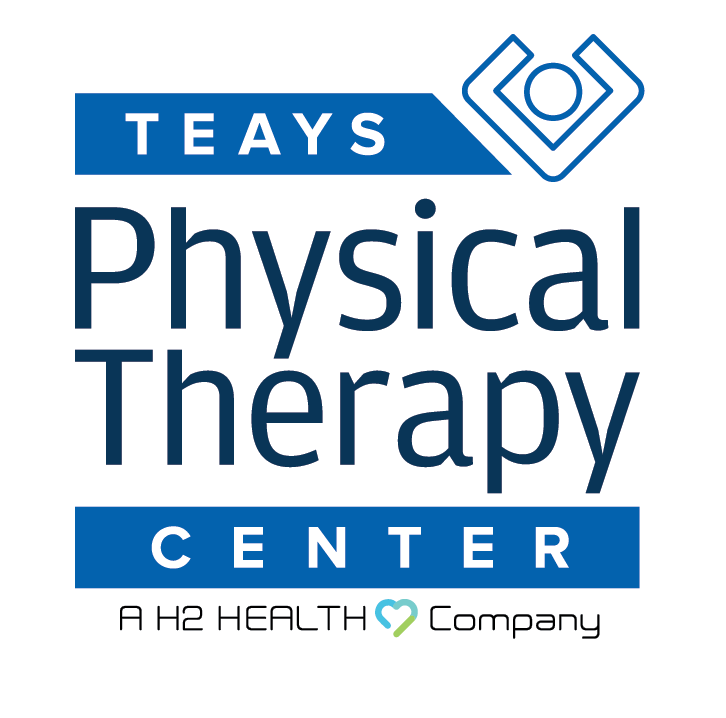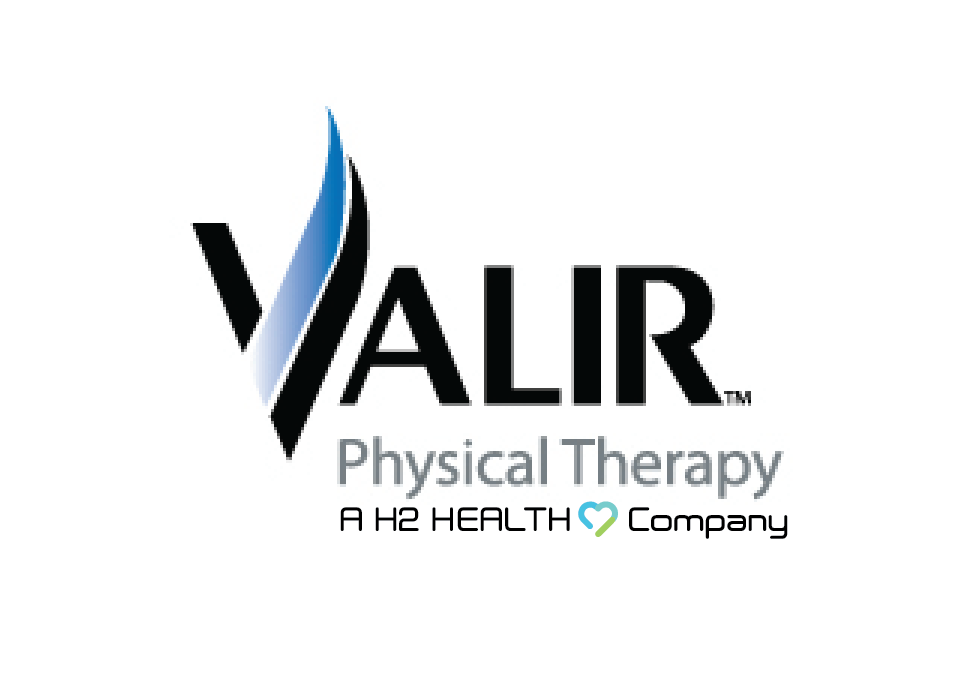
Whiplash is a common cervical spine injury usually resulting from a rear-end car crash, other high-impact/speed collision, or physical abuse. Neck pain and very limited mobility are common whiplash symptoms, but thankfully, physical therapy is an effective treatment option.
Here’s how PT can help you regain mobility and reduce pain as a person with whiplash.
The Problem of Neck Pain
About two-thirds of American adults have some kind and degree of neck pain. Often, it results from arthritis, spinal stenosis, poor posture, cervical disc herniation, inefficient work positions, and muscular stress and strain. Even psychological stress and tension can lead to neck pain.
Whiplash also is a leading cause of neck pain. A serious strain and sprain of neck muscles caused by the rapid and forceful snapping of the head and neck forward and backward, whiplash can be mild, disabling, or somewhere between those extremes. Thankfully, though, the pain and stiffness of whiplash can usually be overcome with non-operative musculoskeletal treatments–specifically, an ordered plan of physical therapy techniques done in the clinic and at home.
These techniques help whiplash patients overcome:
- Neck pain, which increases with any kind of movement
- Headaches
- Fatigue
- Limited neck mobility, particularly turning the head from right to left
- Muscular tenderness (sometimes extreme)
- Numbness and tingling in the upper extremities
- Poor concentration
- Vertigo
- Tinnitus
- Depression and other mental health effects
- Insomnia and other sleep problems
Diagnosing Whiplash
After a whiplash injury resulting from a serious collision, seek ER treatment at your local hospital or with your primary care physician. Your examination will include imaging, such as X-rays and an MRI or CT scan. Also, the healthcare provider will assess your:
- Reflexes
- Range of motion in your neck
- Muscular strength
- Sensation in your neck, shoulders, and arms
- Level of pain or tenderness in the soft tissues
If physical therapy is deemed appropriate, your therapist will do an independent examination of the above functions and responses of your neck. This examination is called a Functional Capacity Evaluation, or FCE. The FCE gives the physical therapist very precise information on your strengths and weaknesses regarding independent movement and level of pain.
It also helps determine your range of motion, strength, and your own desired therapeutic outcomes as appropriate to your preferences, body type (height, weight), gender, age, and other individualized factors. For instance, a 20-year-old male football player will have different therapeutic outcomes than a 45-year-old female who has a desk job.
Once the FCE is done, the physical therapist will design a personalized plan of care that includes specific activities designed to reduce or eliminate pain, improve strength, increase range of motion, and address any other individualized needs. Physical therapy helps them feel empowered and responsible for their care and recovery. They also experience far less dependence on pain medication of any kind.
Effective Physical Therapy Strategies for Whiplash
Strategies to improve health and function after a whiplash incident include:
- Stretching and strengthening exercises–both passive (done by the therapist), or active (done by the patient)
- TENs electrical stimulation to improve nerve function and decrease pain
- Ice and heat application
- Massage therapy
- Limited use of a foam cervical collar to provide support soon after whiplash injury and at night as needed
You and your physical therapist will communicate closely about the results of your therapy and your functional capacity evaluation will be updated accordingly. This ensures that your therapies for whiplash are appropriate and effective for the long-term goal of pain-free and fluid movement of your neck.
Physical Therapy in Austin
If you are in search of a highly reputable facility that offers high-quality physical therapy services, visit us here at H2 Health. Our highly trained and compassionate physical therapists have advanced degrees and years of experience in treating a comprehensive range of conditions that affect your mobility, function, and overall quality of life. We are committed to improving your arthritis symptoms and quality of life through carefully prescribed therapies.
To schedule your visit or know more about our services, call our office today at (800) 699-9395 or use our convenient online appointment request form.














